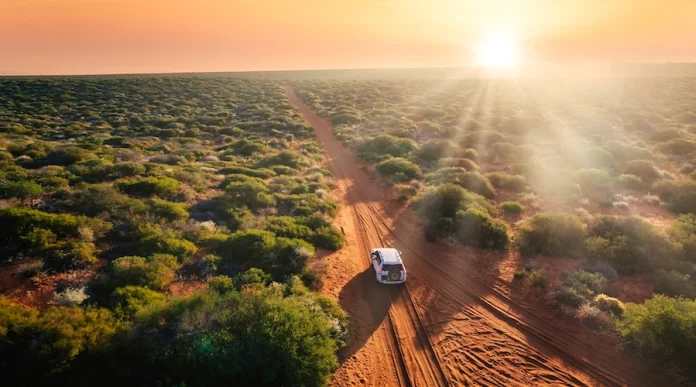Mining giant Rio Tinto (ASX, LON: RIO) apologized on Monday for the loss of a small, but “highly radioactive” capsule that has triggered a radiation alert across parts of the vast state of Western Australia.
The tiny capsule is believed to have fallen from a truck somewhere along a 1,400-kilometre (870-mile) highway through the Western Australian desert. Such distance is slightly shorter than the highway stretching from Manitoba to Toronto, in Canada.
SIGN UP FOR THE SUPPLIERS DIGEST
“We are taking this incident very seriously,” Simon Trott, the company’s head of iron ore, said in a statement. “We recognize this is clearly very concerning and are sorry for the alarm it has caused in the Western Australian community.”
The capsule was part of a gauge used to measure the density of iron ore feed, which had been entrusted to a a third-party contractor to safely package and transport to a facility in Perth.

Prior to the device leaving the site, a Geiger counter was used to confirm the presence of the capsule, which measures only 8 millimetres (0.3 inch) in length, inside the package.
The widget contains a small amount of the radioactive isotope caesium-137, which according to Western Australia’s Chief Health Officer Andrew Robertson, carries a slow risk for the public. Exposure to the substance, however, could cause radiation burns or radiation sickness, WA Department of Health said.
“We have launched our own investigation to understand how the capsule was lost in transit. As part of this investigation, we are working closely with the contractor to better understand what went wrong in this instance,” Trott noted.
The state Department of Fire and Emergency Services (DFES) along with other government bodies are undertaking the daunting task of locating and securing the tiny capsule, though they acknowledge it may never be found.
“DFES and radiation specialists are searching along Great Northern Highway by driving north and south directions at slow speeds,” it said in a hazmat alert Monday, adding it was using survey meters to find the capsule by detecting radiation levels.

Fortunately, the state’s desert is remote and one of the least populated places in the country. Only one in five of Western Australia’s population lives outside of Perth, the state’s capital.
The incident is a fresh blow to Rio Tinto’s reputation in Western Australia, where it blew up two 46,000-year-old caves of sacred significance to Indigenous Australians in 2020 as part of an iron ore mine expansion.












